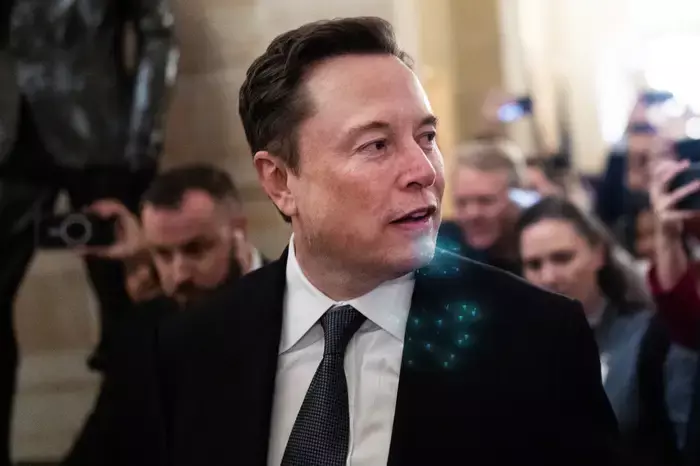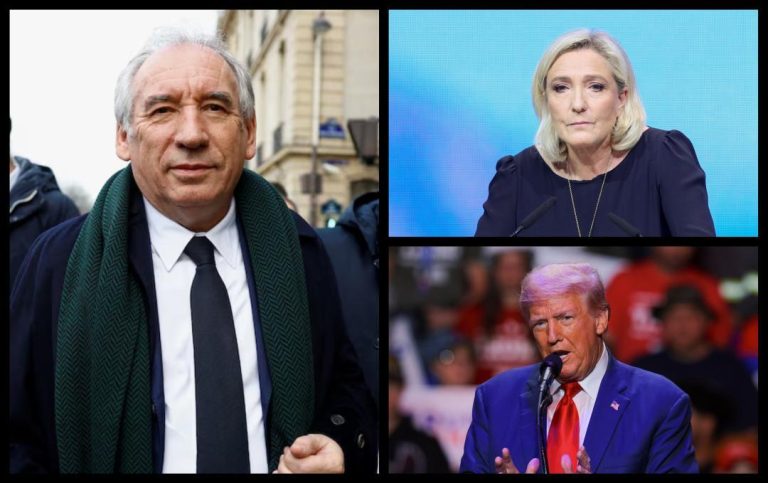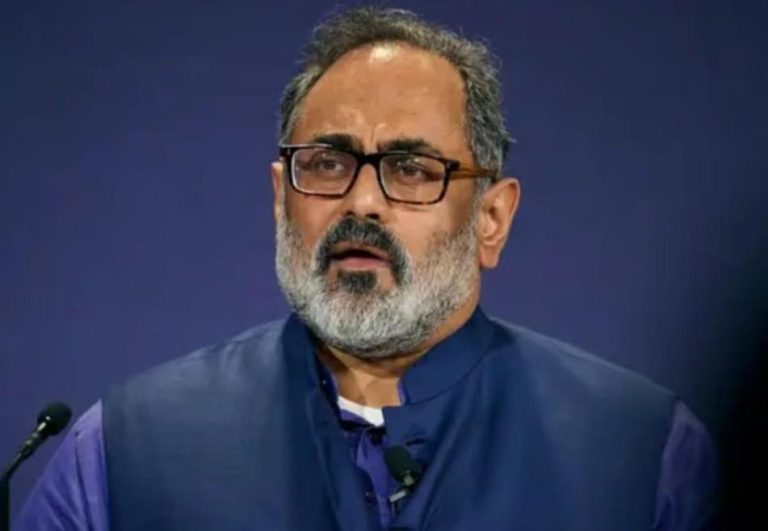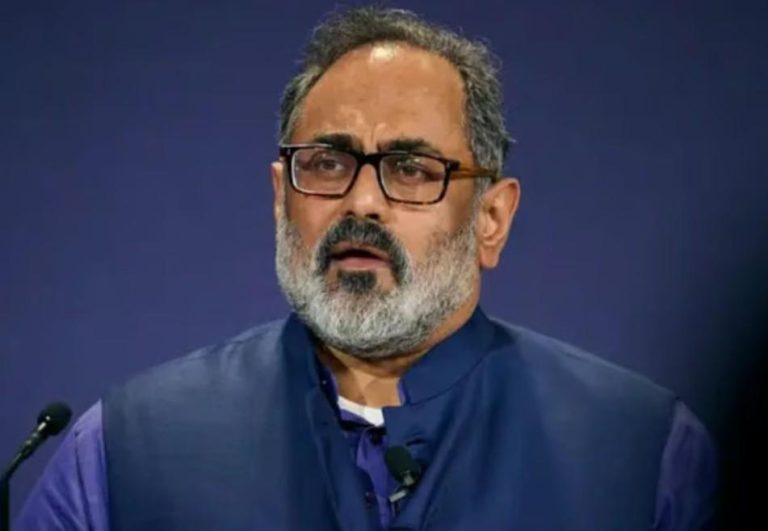
DOGE Cuts $180 Mn in HHS Contracts, Including Fauci Museum Exhibit
In a move that has sparked heated debate over government spending and the legacy of Dr. Anthony Fauci, Elon Musk’s Department of Government Efficiency (DOGE) has terminated over $180 million in contracts from the US Department of Health and Human Services (HHS). The contracts, which included a $170,000 exhibit at a Fauci museum, were revoked due to administrative expenses, according to DOGE.
The decision has reignited controversies surrounding COVID-19 policies and US funding for gain-of-function research in Wuhan, China. Critics have long questioned the allocation of funds for various government projects, and this move has added fuel to the fire.
The terminated contracts were part of a broader effort by DOGE to streamline government operations and reduce waste. In a statement, DOGE officials said, “We are committed to ensuring that taxpayer dollars are used efficiently and effectively. Unfortunately, many of the contracts awarded by HHS fell short of this standard, and we have decided to terminate them accordingly.”
The Fauci museum exhibit, which was set to open later this year, was one of the projects affected by the decision. The exhibit was intended to showcase the life and work of Dr. Fauci, who has been a leading figure in the fight against HIV/AIDS and other infectious diseases. However, the exhibit’s fate is now uncertain, pending review by HHS officials.
The termination of the contracts has sparked a heated debate over government spending and Dr. Fauci’s legacy. Some have praised DOGE’s efforts to cut waste and promote efficiency, while others have criticized the decision as a political attack on Dr. Fauci and his work.
Dr. Fauci has been a key figure in the US government’s response to the COVID-19 pandemic, and his leadership has been widely praised by public health experts and officials. However, he has also faced criticism from some Republicans who have accused him of being overly cautious in his approach to COVID-19 mitigation measures.
The controversy surrounding Dr. Fauci’s legacy extends beyond his work on COVID-19. The scientist has also faced scrutiny over his role in funding gain-of-function research in Wuhan, China, which some have accused of being a potential source of the COVID-19 pandemic.
Despite the controversy, Dr. Fauci remains a respected figure in the scientific community, and his work on HIV/AIDS and other infectious diseases has saved countless lives. The termination of the contracts and the cancellation of the museum exhibit are seen by some as a blow to his legacy and a misguided attempt to politicize his work.
In a statement, Dr. Fauci said, “I am disappointed but not surprised by the decision to terminate the contracts. I have always believed that government spending should be transparent and accountable, and I applaud DOGE’s efforts to promote efficiency and reduce waste. However, I strongly disagree with the characterization of my work as ‘inefficient’ or ‘wasteful.'”
The controversy surrounding DOGE’s decision has also raised questions about the role of private companies in government contracting. DOGE was established by Elon Musk in 2020 as a non-profit organization with the goal of promoting government efficiency and reducing waste. The company has since become a major player in the government contracting market, with contracts worth hundreds of millions of dollars.
However, critics have raised concerns about the lack of transparency and accountability in DOGE’s contracting practices. Some have accused the company of using its influence to push through favored projects and contracts, while others have questioned its ability to effectively manage large-scale government programs.
As the controversy surrounding DOGE’s decision continues to unfold, it is clear that the debate over government spending and Dr. Fauci’s legacy is far from over. One thing is certain, however: the termination of the contracts and the cancellation of the museum exhibit have sparked a heated debate that will continue to shape the conversation around government spending and public health policy.






